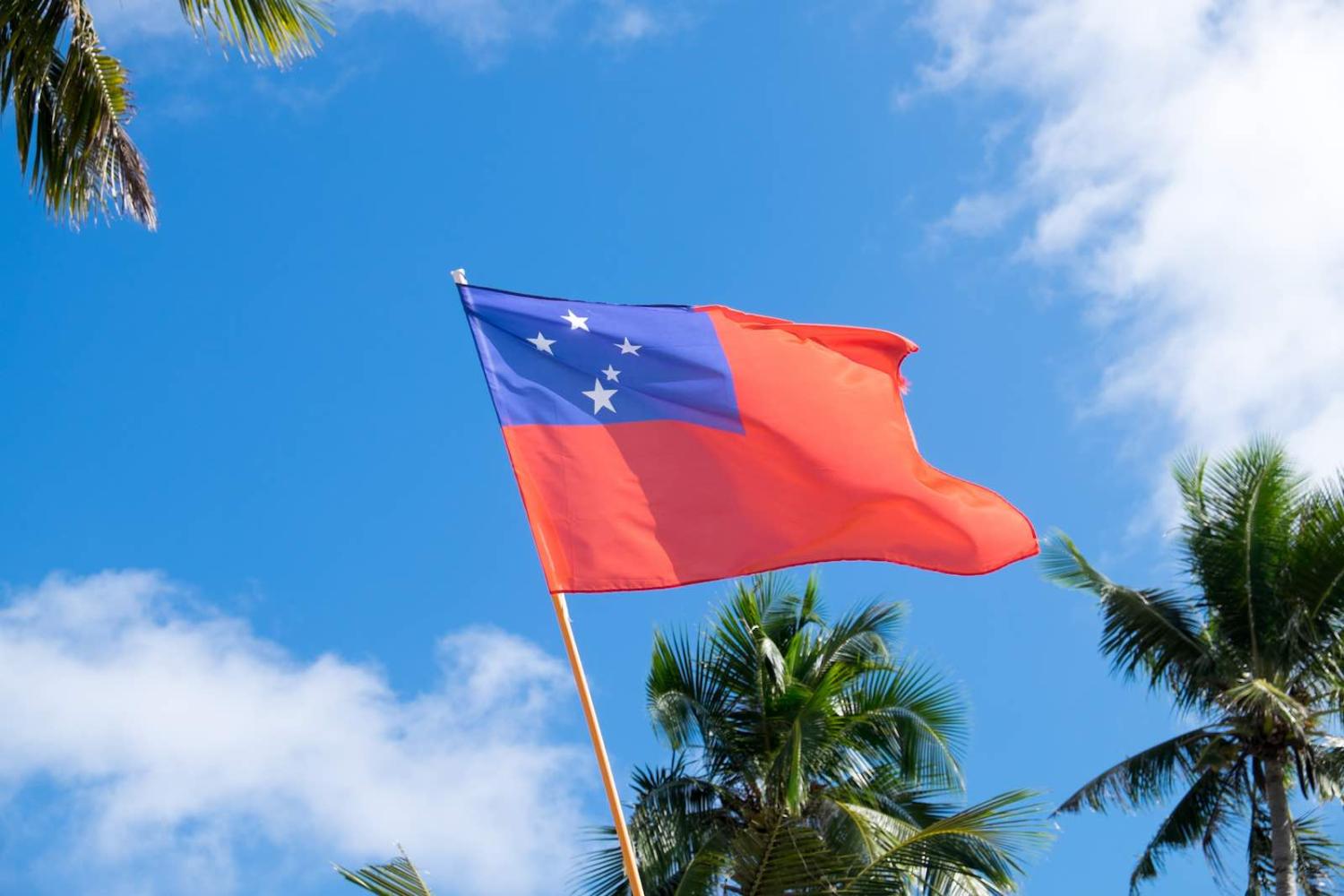Fifty-eight years after Samoa became an independent state, it has been promised a new court giving Samoan customs a rightful place in law. It is worth considering why has this has been declared necessary
Prime Minister Tuilaepa Sailele Malielegaoi has told the nation that Samoan customs will be strengthened in law when parliament passes three interconnected bills into law: the Land and Titles Bill 2020, the Constitution Amendment Bill 2020 and Judicature Bill 2020.
The first will replace the current Land and Titles Act 1981, and the second and third remove the Land and Titles Court from under its present constitutional umbrella. The proposed new court will have added powers for adjudicating on village laws passed by village councils (fono), as well as on customary land and chiefly titles. It will have its own appeal structure, separate from the Supreme Court.
The Explanatory Memorandum to the Constitution Amendment Bill 2020 poses this question:
Why is the Samoan Constitution more protective of the introduced modern principles such as individual rights, as compared to the Samoan custom and usages, the way of life of the Samoan people? In a courtroom, why are individual rights more powerful than Village Fono decisions? The answer is, because the Constitution says so.
The PM has emphasised this question, claiming that the palagi (Europeans or white people) imposed their legal culture on Samoans through the constitution of Samoa, thus undermining the customary communal rights of Samoans by way of foreign human rights provisions. This claim comes despite the fact that very few appeals to higher courts over communal versus constitutionally protected rights have been made over the past half-century.
Samoan custom has never been codified. In founding the Land and Titles Court, German colonial officials wanted to prevent the endemic feuds and civil wars of the past by weakening the customary authority of adversarial high chiefs and their backers. Despite these restraints, customary land and chiefly titles are matters close to the hearts of Samoans at home and abroad. Public opinion on the court tends to depend considerably on whether a person’s family has won or lost its most recent Land and Titles Court case, and the PM receives many complaints from indignant losers.
Moving Land and Titles away from the existing umbrella of constitutional law will not overcome the problem of being underresourced and unable to meet demand. However, it will likely make political interventions into title succession and authority over land much easier.
There has been considerable pushback against the proposed legislation by the Samoa Law Society (see Fiona Ey in The Interpreter, 8 May) although lawyers working for the government have been ordered to toe the government line. Legal opinion criticising the bills argues that if a separate, parallel legal system for customary law is estabished, it could remove consitutional protections and open the way for village councils of chiefs to act despotically.
The problem with such a potent emotional call for legal restitution of fa’aSamoa custom is that there is no longer a consensus about Samoan custom. Samoa is a modernising, globalising society of about 200,000 people, with hundreds of thousands of Samoans living overseas. Only about 60% of the population in Samoa live in villages governed by councils of chiefs.
About 80% of all land remains under customary tenure, and the constitution protects customary land by forbidding its sale or mortgaging. In pre-colonial Samoa, land was under the authority of the highest chief, each acting as trustee for their people, allocating plots of land according to need.
Recent concerns over land law illustrate the problem of traditional authority. High chiefs were once appointed by bestowing a single title on a genealogically entitled individual, usually chosen by the heads of families. Today, most landowning families can no longer agree on a single candidate to hold a title, so titles are typically shared among many who hold the same title. This arrangement makes the leasing of customary land (as allowed by 2008 legislation) unworkable if families cannot agree on who is entitled to sign a lease, which is often the case.
The intent of the 2020 bills proposed by the government is likely political. This is an election year: the next election is scheduled for April 2021. Many voters are dissatisfied with the Land and Titles Court, and may like the proposed changes. There are long delays in hearings, there have been cases of judicial corruption, and decisions made by judges can be unclear or contradictory.
Moving Land and Titles away from the existing umbrella of constitutional law will not overcome the problem of being underresourced and unable to meet demand. However, it will likely make political interventions into title succession and authority over land much easier – which may be the government’s real aim. It will have more authority to impose rules about customary authority over land and the powers of village councils.
The elections in April 2021 may be the first time Samoans vote on an issue other than a referendum. In the last election, in 2016, the ruling Human Rights Protection Party, which has held power for 38 years, won office with only two non-aligned candidates winning seats. Government officials and leaders of rival political parties are now discussing the issue of the bills with village councils. So far, Samoans have tended to vote with village and family alliances without much attention to party policies. This may change in April, depending on how the proposed laws are understood by village leaders.


